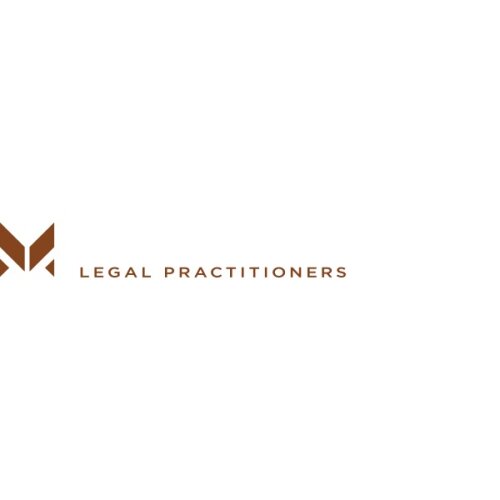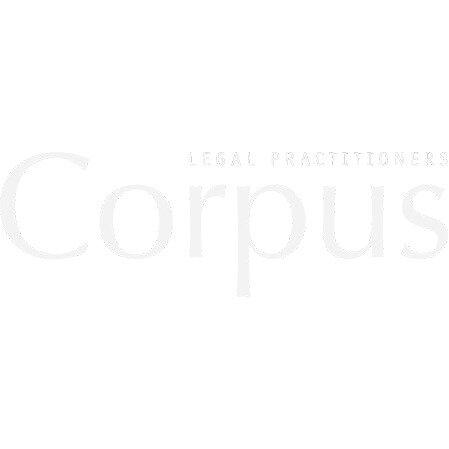Best Environmental Law & Compliance Lawyers in Lusaka
Share your needs with us, get contacted by law firms.
Free. Takes 2 min.
List of the best lawyers in Lusaka, Zambia
About Environment Law in Lusaka, Zambia:
Environment law in Lusaka, Zambia focuses on regulations and guidelines aimed at protecting the environment and natural resources in the region. These laws govern activities such as air and water pollution, waste management, conservation of wildlife, and sustainable development practices. Legal provisions are in place to ensure that individuals, businesses, and government entities comply with environmental regulations to safeguard the environment for future generations.
Why You May Need a Lawyer:
There are various situations where individuals may require legal assistance in matters related to the environment in Lusaka, Zambia. These can include disputes over land use rights, violations of environmental regulations, pollution incidents, environmental impact assessments for development projects, and seeking compensation for environmental damages. A lawyer specializing in environmental law can provide guidance, representation, and advocacy to protect your rights and interests in these complex legal matters.
Local Laws Overview:
The key aspects of local laws relevant to the environment in Lusaka, Zambia include the Environmental Management Act, which lays down the framework for environmental protection and management. Other important legislation includes the Water Resources Management Act, the Forest Act, the Wildlife Act, and various regulations governing waste management, air quality, and conservation efforts. Understanding these laws is essential for ensuring compliance and promoting sustainable environmental practices in the region.
Frequently Asked Questions:
1. What are the penalties for violating environmental regulations in Lusaka, Zambia?
Violating environmental regulations can result in fines, penalties, criminal charges, and even imprisonment. The severity of the consequences depends on the nature and extent of the violation.
2. How can I report environmental violations in Lusaka, Zambia?
You can report environmental violations to the Environmental Management Agency (EMA) in Lusaka, Zambia. Provide as much detail as possible, including photographs or evidence of the violation.
3. Do I need an environmental impact assessment for my development project in Lusaka, Zambia?
Development projects that have the potential to impact the environment may require an environmental impact assessment to evaluate potential risks and propose mitigation measures. Consult with an environmental lawyer to determine if an assessment is necessary for your project.
4. How can I ensure compliance with environmental regulations in Lusaka, Zambia?
Consult with an environmental lawyer to understand the relevant regulations, obtain permits and approvals as needed, implement best practices for environmental protection, and monitor and report on your compliance with the law.
5. Can I seek compensation for environmental damages in Lusaka, Zambia?
If you have suffered environmental damages due to the actions of another party, you may be able to seek compensation through legal means. An environmental lawyer can help you assess your options and pursue a claim for damages.
6. What are the key environmental conservation efforts in Lusaka, Zambia?
Key conservation efforts in Lusaka, Zambia include wildlife protection initiatives, reforestation programs, water resource management projects, waste management initiatives, and sustainable development practices to minimize environmental impacts.
7. How can I participate in environmental conservation efforts in Lusaka, Zambia?
You can volunteer with local environmental organizations, participate in community clean-up activities, engage in recycling and waste reduction practices, and support initiatives that promote sustainable development and conservation of natural resources.
8. Are there tax incentives for eco-friendly practices in Lusaka, Zambia?
There may be tax incentives or subsidies available for businesses and individuals who adopt eco-friendly practices, such as renewable energy use, waste recycling, and conservation efforts. Consult with an environmental lawyer to explore potential incentives for your initiatives.
9. How can I stay informed about environmental developments in Lusaka, Zambia?
You can stay informed about environmental developments in Lusaka, Zambia by following updates from the Environmental Management Agency (EMA), attending environmental workshops and seminars, subscribing to environmental newsletters, and engaging with local environmental NGOs and community groups.
10. What role can legal professionals play in environmental protection efforts in Lusaka, Zambia?
Legal professionals specializing in environmental law play a crucial role in advocating for environmental protection, ensuring compliance with regulations, representing clients in environmental disputes, promoting sustainable development practices, and contributing to the overall conservation of natural resources in the region.
Additional Resources:
For further information and assistance regarding environmental legal matters in Lusaka, Zambia, you can contact the Environmental Management Agency (EMA), the Zambia Environmental Management Agency (ZEMA), the Ministry of Water Development, Sanitation, and Environmental Protection, and local environmental law firms and NGOs specializing in environmental issues.
Next Steps:
If you require legal assistance in environmental matters in Lusaka, Zambia, it is advisable to consult with an experienced environmental lawyer who can provide guidance, representation, and legal advice tailored to your specific situation. Be proactive in seeking legal assistance to protect your rights, ensure compliance with environmental regulations, and promote sustainable practices for the benefit of the environment and society as a whole.
Lawzana helps you find the best lawyers and law firms in Lusaka through a curated and pre-screened list of qualified legal professionals. Our platform offers rankings and detailed profiles of attorneys and law firms, allowing you to compare based on practice areas, including Environmental Law & Compliance, experience, and client feedback.
Each profile includes a description of the firm's areas of practice, client reviews, team members and partners, year of establishment, spoken languages, office locations, contact information, social media presence, and any published articles or resources. Most firms on our platform speak English and are experienced in both local and international legal matters.
Get a quote from top-rated law firms in Lusaka, Zambia — quickly, securely, and without unnecessary hassle.
Disclaimer:
The information provided on this page is for general informational purposes only and does not constitute legal advice. While we strive to ensure the accuracy and relevance of the content, legal information may change over time, and interpretations of the law can vary. You should always consult with a qualified legal professional for advice specific to your situation.
We disclaim all liability for actions taken or not taken based on the content of this page. If you believe any information is incorrect or outdated, please contact us, and we will review and update it where appropriate.
















